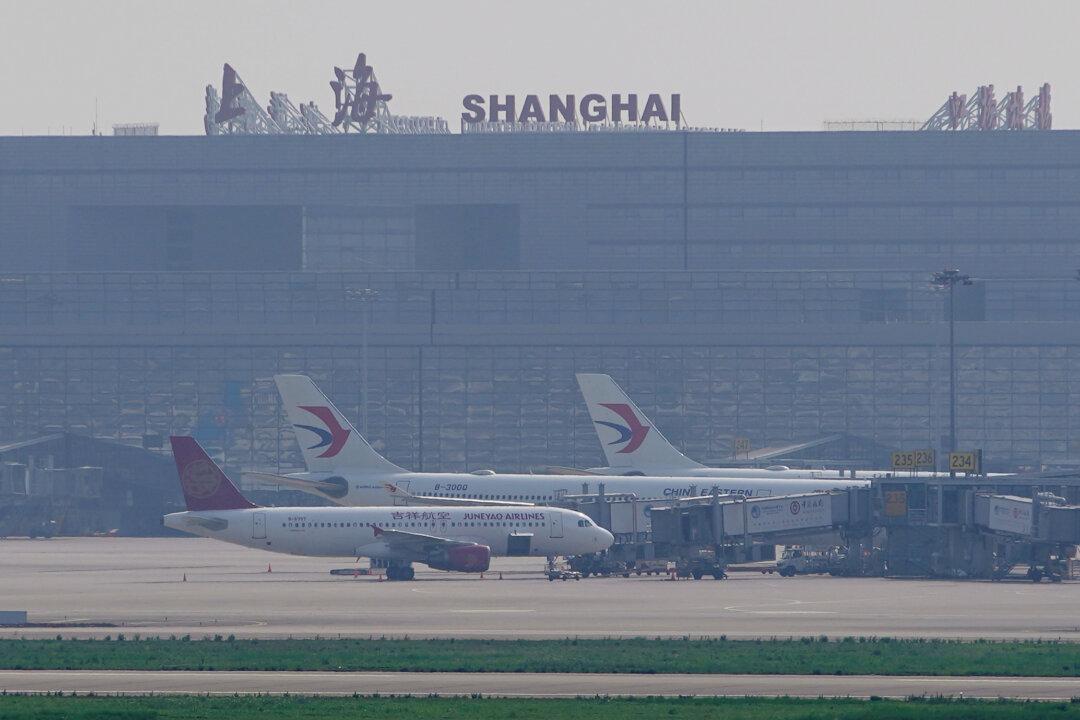Amid ongoing tensions and disputes between the United States and China, the United States has suspended dozens of flights by Chinese airlines.
The Department of Transportation (DOT) announced on Aug. 25 that, in response to Beijing’s cancellation of U.S. flights over COVID-19 cases, the United States will suspend 26 U.S.–China flights by Chinese airlines in September.





